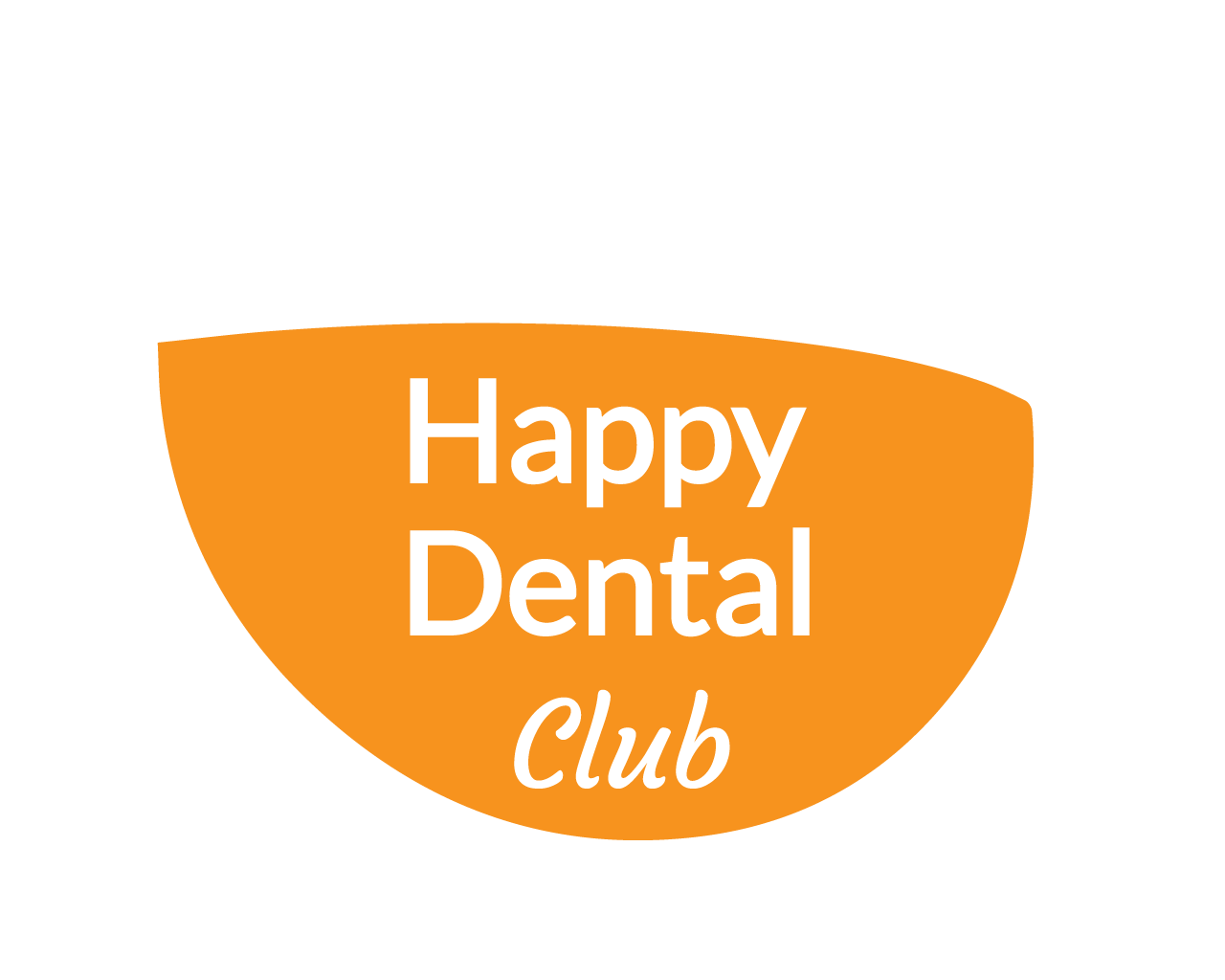Tooth Decay: Causes, Symptoms, Prevention, and Treatment
Tooth decay is a common dental problem that affects people of all ages. It occurs when bacteria in the mouth produce acid that erodes the tooth enamel, causing cavities and other oral health issues. In this article, we will discuss the causes, symptoms, prevention, and treatment options for tooth decay.
What is Tooth Decay?
Tooth decay is an oral health problem that can lead to serious complications if left untreated. Maintaining good oral hygiene and seeking prompt dental care can help prevent tooth decay and protect your overall health.
Causes of Tooth Decay
Tooth decay is caused by a combination of factors, including the following:
- Bacteria and plaque: The mouth contains bacteria that produce acid, which can erode tooth enamel over time.
- Sugar and acid consumption: Consuming sugary and acidic foods and drinks can increase the risk of tooth decay.
- Poor oral hygiene: Failing to brush and floss regularly can allow plaque to accumulate on teeth, leading to decay.
- Genetics: Some people may be more prone to tooth decay due to genetic factors.
- Medical conditions and medications that affect dental health: Certain medical conditions and medications can increase the risk of tooth decay.
Stages of Tooth Decay
Tooth decay progresses through several stages, each with its own set of symptoms and treatment options:
- Initial stage: white spots on teeth
- Enamel decay: visible cavities
- Dentin decay: sensitivity and pain
- Pulpitis: severe pain and infection
- Abscess: pus buildup and bone loss
Symptoms of Tooth Decay
The symptoms of tooth decay can vary depending on the stage of decay, but they may include the following:
- Visible cavities or holes in teeth
- Tooth sensitivity to hot, cold, sweet, or sour foods and drinks
- Pain or discomfort when biting down or chewing
- Bad breath or a bad taste in the mouth
- Darkening or discoloration of the teeth
Prevention of Tooth Decay
There are several steps you can take to prevent tooth decay, including the following:
- Brushing and flossing daily: Regular oral hygiene habits can help remove plaque and bacteria from teeth.
- Regular dental checkups and cleanings: Visiting your dentist regularly can help catch tooth decay early and prevent further damage.
- Fluoride treatments: Professional fluoride treatments can help strengthen tooth enamel and prevent decay.
- Healthy diet choices: Limiting sugary and acidic foods and drinks can help protect teeth from decay.
- Chewing sugar-free gum: Chewing gum can stimulate saliva production, which can help neutralize acid in the mouth.
Treatment of Tooth Decay
The treatment for tooth decay will depend on the severity of the decay and the stage of progression. Common treatment options include the following:
- Fillings: If decay is caught early enough, a filling may be sufficient to restore the tooth.
- Root canal therapy: If decay has reached the inner pulp of the tooth, a root canal may be necessary to remove infected tissue.
- Crown placement: In cases where decay has caused significant damage to the tooth, a crown may be needed to provide additional support and protection.
- Extraction: In severe cases, extraction may be necessary to prevent the spread of infection.
Complications of Untreated Tooth Decay
If left untreated, tooth decay can lead to serious complications such as the following:
- Dental abscesses: An abscess is a painful pus-filled pocket that forms at the root of a tooth and can cause swelling and fever.
- Gum disease: Tooth decay can contribute to the development of gum disease, which can lead to bone loss and tooth loss.
- Tooth loss: Advanced tooth decay can cause irreversible damage that requires tooth extraction.
- Spread of infection to other parts of the body: In rare cases, untreated tooth decay can lead to serious infections that spread beyond the mouth and affect other parts of the body.
Frequently Asked Questions (FAQs)
Can I get tooth decay if I brush and floss regularly?
Even if you practice good oral hygiene habits, you can still develop tooth decay if you consume sugary or acidic foods and drinks or have genetic factors that increase your risk. Regular dental checkups can help catch decay early before it progresses.
Is tooth decay painful?
Tooth decay may not initially cause pain, but as it progresses and reaches the inner layers of a tooth, it can cause sensitivity, discomfort, and even severe pain.
Can tooth decay be contagious?
Tooth decay itself is not contagious, but the bacteria that cause decay can be passed from person to person through sharing food, utensils, or kissing.
Can children get tooth decay?
Yes, children can get tooth decay, especially if they consume sugary or acidic foods and drinks, do not brush and floss regularly, or have poor oral hygiene habits. Parents should encourage their children to practice good oral hygiene and limit sugary treats.
How can I tell if I have tooth decay?
Common symptoms of tooth decay include visible cavities, tooth sensitivity, pain when biting down or chewing, bad breath, and discoloration of the teeth. If you experience any of these symptoms, it’s important to see your dentist for an evaluation and treatment plan.
Conclusion
Tooth decay is a common and preventable dental issue that can have serious consequences if left untreated. By practicing good oral hygiene habits, visiting your dentist regularly, and making healthy dietary choices, you can reduce your risk of developing tooth decay. If you do experience symptoms of tooth decay, such as sensitivity or pain, it’s important to seek prompt dental care to prevent further damage and potential complications. With proper prevention and treatment, you can maintain a healthy smile for years to come.

